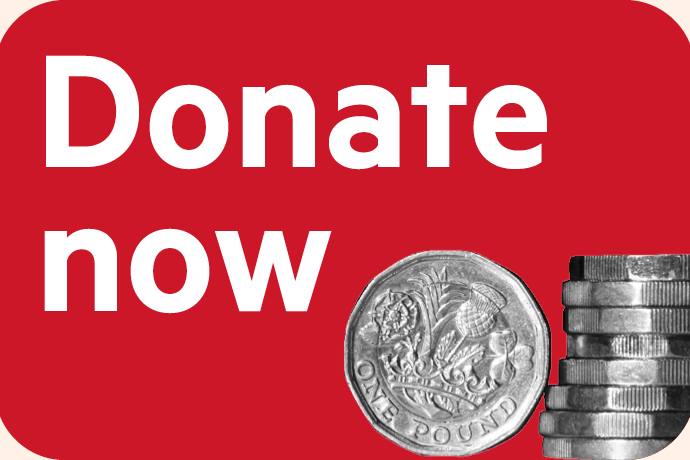[ad_1]
Receive free UK banks updates
We’ll send you a myFT Daily Digest email rounding up the latest UK banks news every morning.
Every segment on interest rates must, by the laws of television news, involve two sets of people: a family worried or relieved about their mortgage, and a saver expressing the opposite emotion.
No one is happy now. Soaring mortgage rates are hurting those rolling off fixed-rate teaser deals, about 2.4mn households by the end of 2024. Banks are being criticised for not passing on higher interest rates to savers.
When bank bosses were quizzed in the UK parliament on the subject in March, NatWest chief executive Alison Rose repeatedly noted that one in four people in the UK have less than £100 in savings, suggesting Britain has lost the habit of putting money aside. Lloyds boss Charlie Nunn said the average mortgage customer has £75,000 in household income, while 80 per cent of customers have less than £5,000 in savings. The people really struggling in this cost of living crunch have neither, he suggested.
How are they doing? Pretty badly, by all accounts. And many won’t be customers of the biggest retail banks either.
It is well-known that chunks of the UK population are simply not served by the high street banks, despite a lack of good, comparable data. This exclusion rises in a downturn as lenders become more risk averse. The pandemic left about 17mn people in financially vulnerable circumstances, according to Fair4All Finance, with low or no savings, high debts, uninsured or unable to cover outgoings.
The not-for-profit will on Wednesday tackle another contentious question: how many people have now been forced out of the regulated credit sector altogether? New research from Ipsos, surveying 1,859 British adults, suggests 3mn have borrowed from an illegal money lender over the past three years.
A separate survey talking to borrowers and illegal lenders throws up alarming nuggets. Most borrowers are employed, with a median income for clients of illegal lenders of £20,000 to £24,999. (The national median is about £28,000.) About 80 per cent said they’d been refused credit in the past three years. There was evidence of “parallel” lending, such as former home-credit agents continuing to lend to old customers informally.
How does this tally with official figures from the Financial Conduct Authority, whose forthcoming survey I’m told will reiterate that just 200,000 adults (or 0.5 per cent) borrowed from an unlicensed money lender over the past year? The regulator’s survey is vast and well regarded. But this is a challenging issue to measure, where official data (the FCA concedes) is prone to understatement.
Other sources point to a growing problem. A Joseph Rowntree Foundation survey last month suggested that 14 per cent of low-income households, or 1.6mn, have a loan from an unregulated lender. The abrdn Financial Fairness Trust found 4 per cent of UK households had used an unlicensed or informal lender last year.
The reality is that payday lending, doorstep operators and other forms of high-cost credit have evaporated in recent years, rightly squeezed by tougher regulation. More than 3mn people used these products pre-Covid, according to the FCA. But high-cost lending volumes are down 90 per cent over the past 10 years; door-to-door home credit is down 75 per cent since 2019.
What has filled that gap? Lack of clarity is part of the problem. A House of Lords amendment asking the FCA to pay more attention to financial inclusion was defeated in the House of Commons this week. One argument is that the “consumer duty” for banks, which comes into force in July, will help. But the requirement this sets out to make sure customers get good outcomes could make banks more risk averse.
One worthwhile proposal, from a coalition of campaign groups, is to copy the well-established US approach with a Fair Banking Act. That could include a proper reporting framework with incentives for banks to show what they are doing to address gaps in provision, either directly or in partnership with not-for-profit community development financial institutions or other specialists.
Some of this already happens on an ad hoc basis: NatWest provided £900,000 to CDFIs for hardship grants this year. But the UK alternative sector remains small and underfinanced. In the US, nearly three-fifths of people bank with a credit union compared with less than 5 per cent here.
Everyone, whether homeowner or saver, seems to feel they’re getting a raw deal from their bank. There should be attention paid to those who aren’t getting any deal at all.
[ad_2]
Source link


